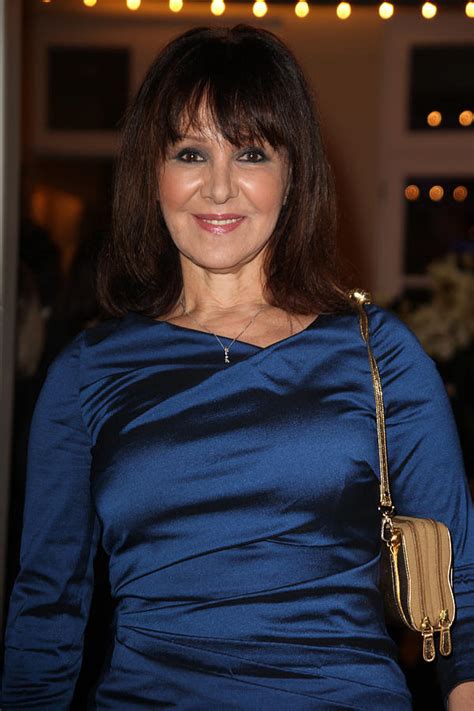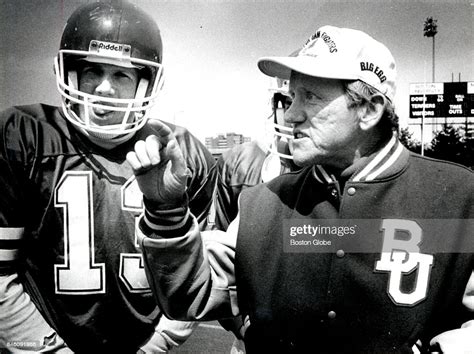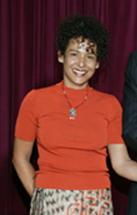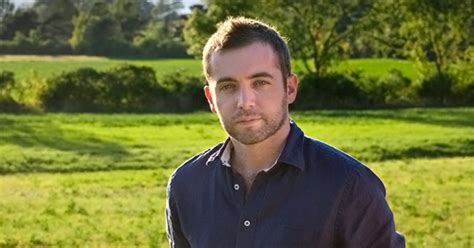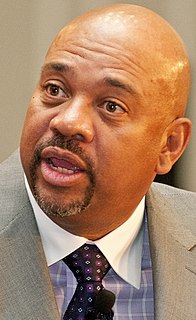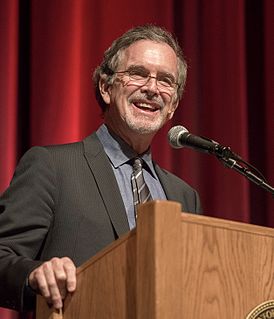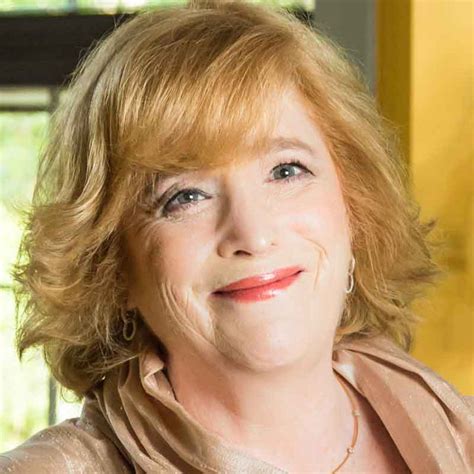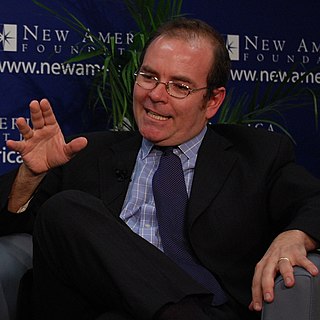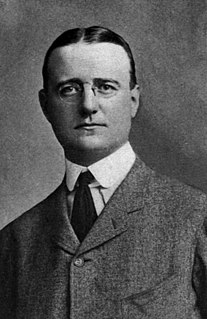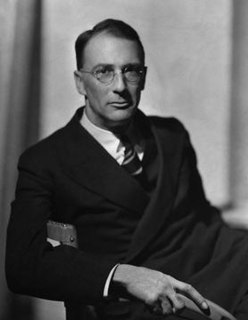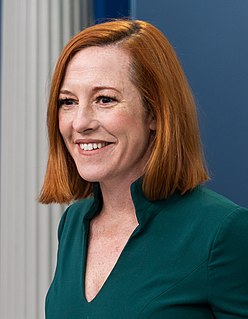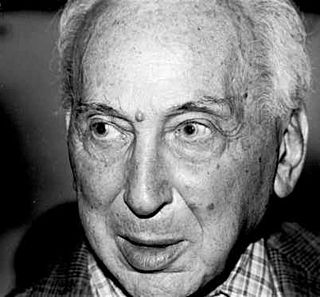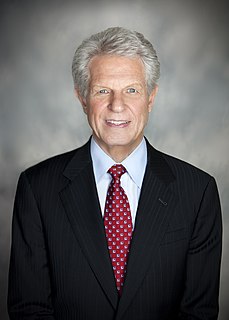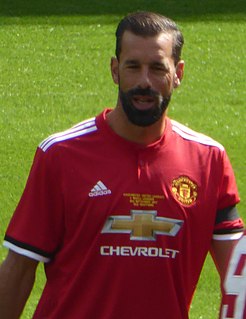Top 1200 Newspaper Reporters Quotes & Sayings - Page 20
Explore popular Newspaper Reporters quotes.
Last updated on October 17, 2024.
At certain times each year, we journalists do almost nothing except apply for the Pulitzers and several dozen other major prizes. During these times you could walk right into most newsrooms and commit a multiple axe murder naked, and it wouldn't get reported in the paper because the reporters and editors would all be too busy filling out prize applications.
In 2014, impunity in journalism murder cases reached a staggering 96 percent and the remaining 4 percent obtained only partial justice, we have become targets. Insurgent groups no longer use reporters to transmit news, but instead kidnap them to make news. They treat us as enemy combatants and spies. This is our everyday reality.
The global embrace of the Chilean miners had as much to do with the state of the planet as it did the fate of the trapped men. Every year, thousands of miners are trapped and die. Hundreds more are rescued. The world's press has no shortage of global good-news stories. Heroes abound if reporters and editors take the time to search.
I am fascinated by all the new technology that creates places for us to meet in what is called cyberspace. I understand what it must have meant for the rebellions in the 19th century, especially in 1830 and 1848, when the mass circulated newspaper became so important for the spreading of information.
Wherever Mantle went in the great metropolis - Danny's Hideaway, the Latin Quarter, the '21' Club, the Stork Club, El Morocco, Toots Shor's - his preferred drink was waiting when he walked through the door. Reporters waited at his locker for monosyllabic bons mots. Boys clustered by the players' gate, hoping to touch him.
Officials and journalists live in parallel but separate realities; they see and talk to each other, may have a meal and gossip together, but their worlds never touch, because officials use words that don't mean what they say, while for those reporters in Vietnam - Halberstam, Peter Arnett, Morley Safer, and others - words were vessels of reality.
I want to help clean up the state that is so sorry today of journalism, and I have a communications degree. I studied journalism -- who, what, where, when, and why -- of reporting. I will speak to reporters who still understand that cornerstone of our democracy, that expectation that the public has for truth to be reported. And then we get to decide our own opinion based on the facts reported to us.
For this very reason I refuse all the tricks of the trade and professional virtuosity which could make me betray my career. As soon as I find a subject which interests me, I leave it to the lens to record it truthfully. Look at the reporters and at the amateur photographer! They both have only one goal; to record a memory or a document. And that is pure photography.












